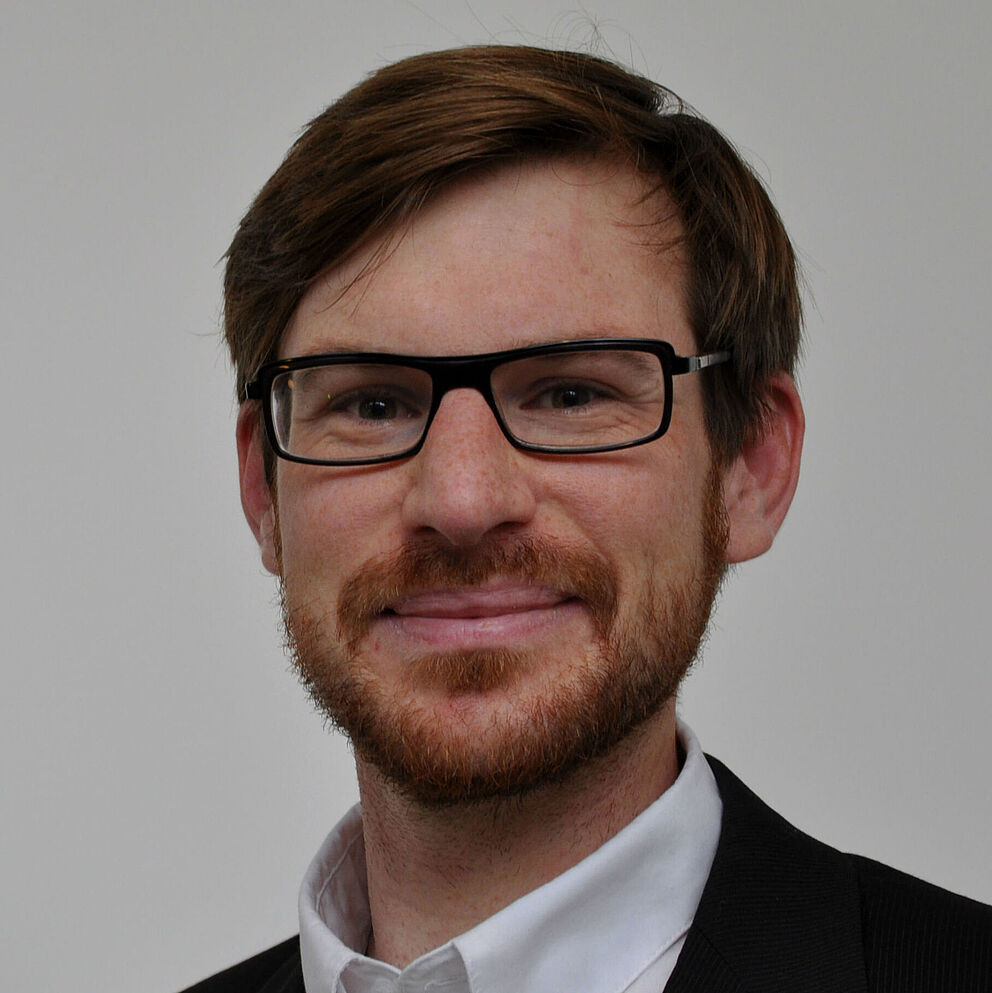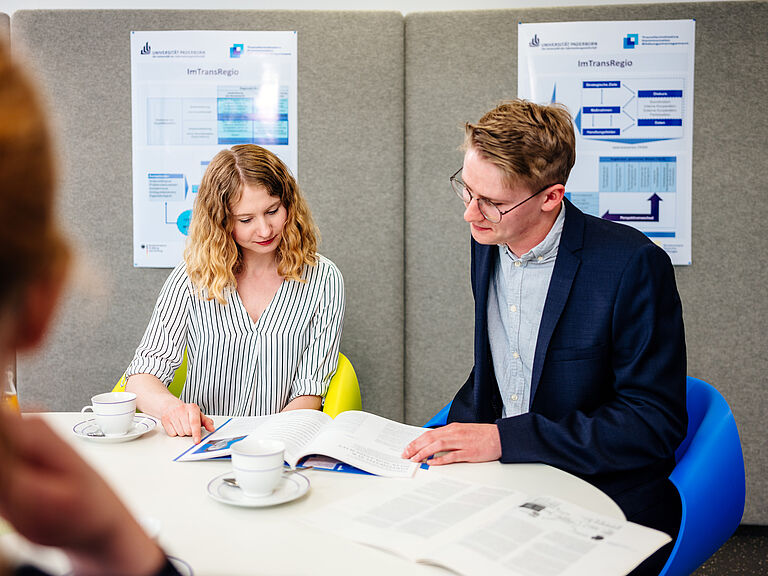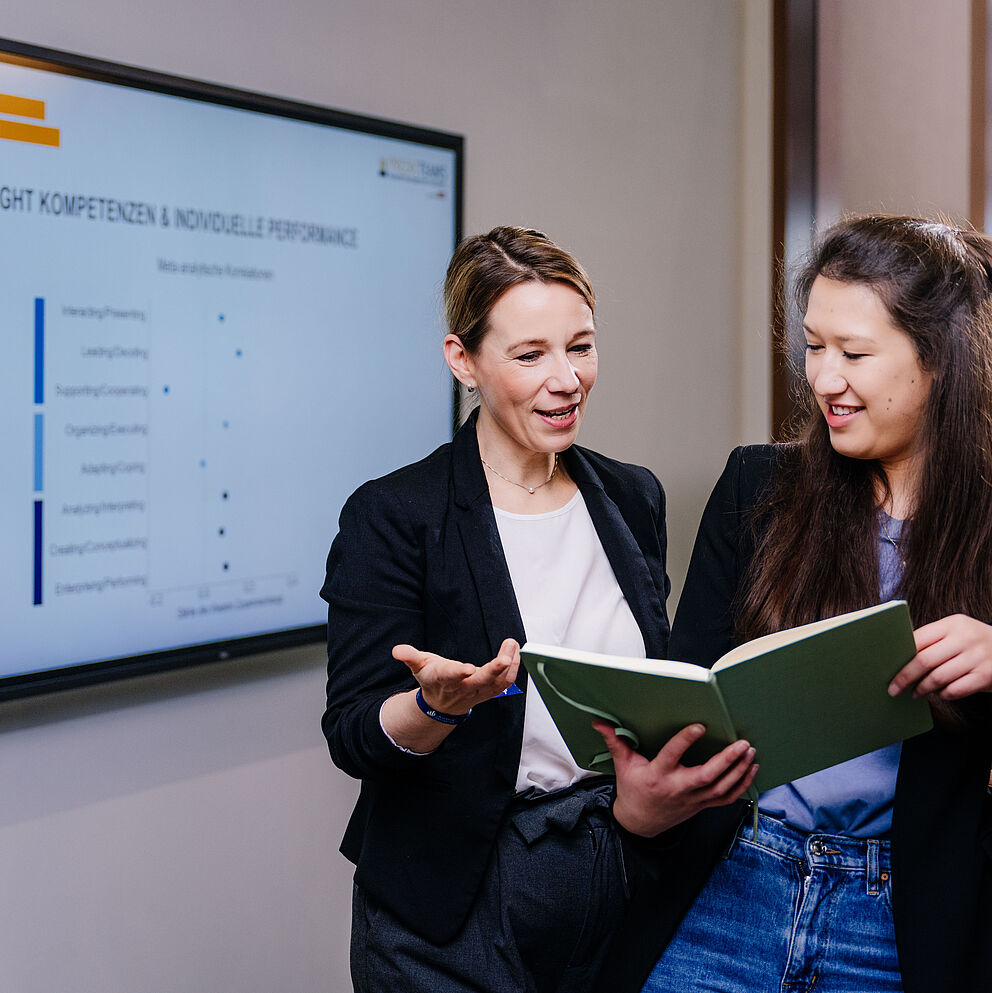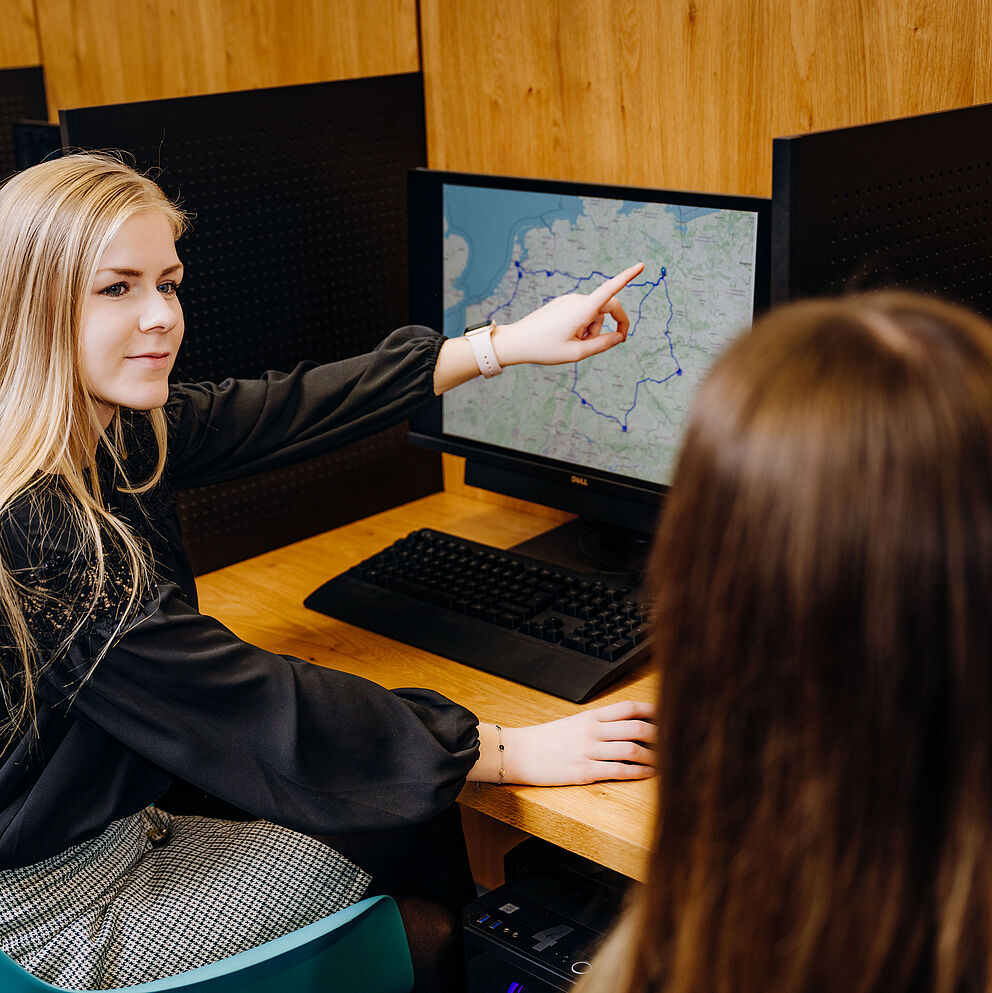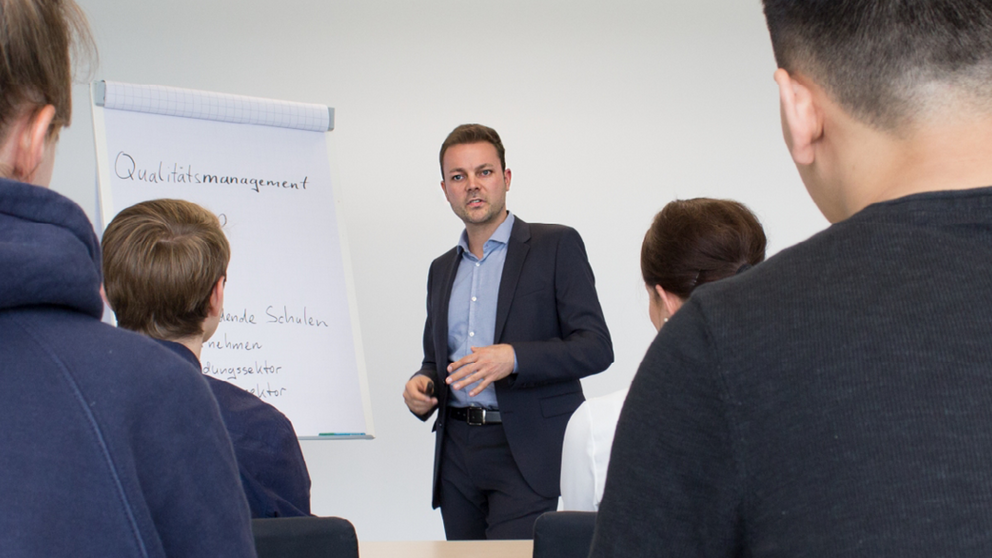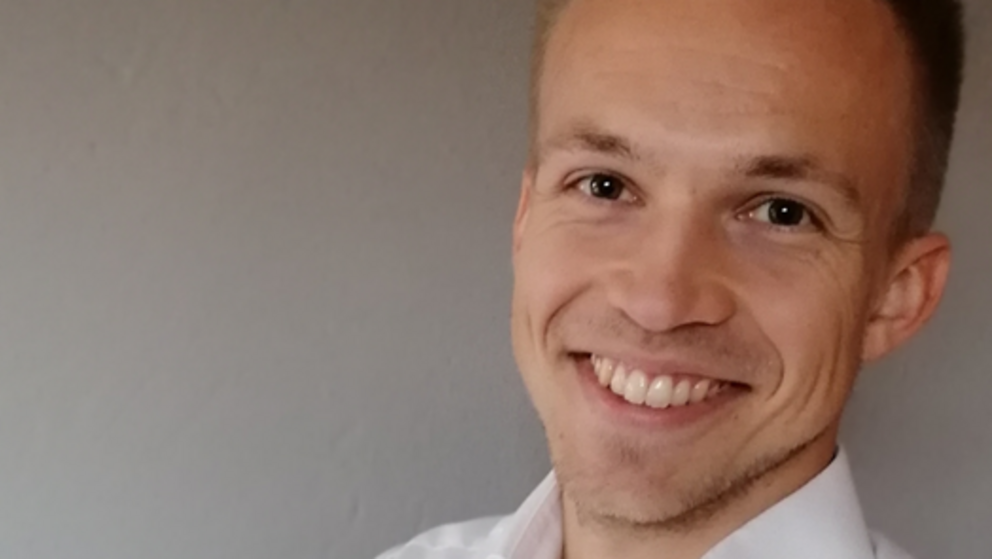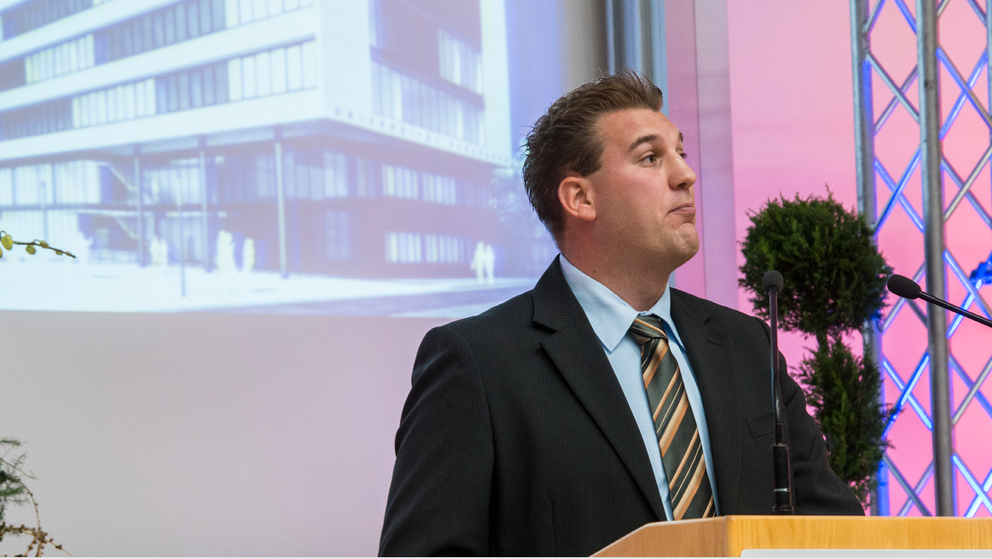Study programmes and courses offered by the Department of Business Education
Our degree programme includes teacher training at vocational colleges and a general degree in business education. Throughout our study and teaching programme, we place particular emphasis on preparing our students for pressing issues such as sustainable and ecological management and ensuring that they benefit from modern teaching concepts.
Business education studies
Students on Bachelor's degree programmes in business and economics can also take more modules in business education as part of a specialisation. The elective options in the assessment and profiling phase can be used, for example, to prepare students ideally for the Master of Science in Business Education or the Master of Education in Business Education - Teaching Qualification for Vocational Colleges.
The task of business education is to systematically research processes and conditions as well as support options for vocational teaching, learning and development at various learning and working locations across the lifespan. In doing so, it combines economic content with educational policy, organisational and didactic-methodological issues of vocational education and training in the school, company and inter-company fields. As part of its teaching and research, the Department of Business Education deals with current and future issues in vocational education and training. The following keywords indicate the range of work carried out by the Department of Business Education:
- Design of complex learning environments and self-regulated learning
- Competence measurement and development
- Support diagnostics and individualised learning paths
- Learning with new media
- Educational management and teacher training
Teaching programme
Winter term
Module name | Semester | ECTS | Language | Person responsible |
|---|---|---|---|---|
W2515 - International Management with regional Focus on China | WS/SS | 5 | DEU | Prof. Dr. H.-Hugo Kremer, Prof. Dr. Fanchen Meng |
W2517 - Vocational Education II: Vocational Field Internship | WS | 3 | DEU | Prof. Dr Marc Beutner |
W2518 - Vocational Education for Teacher Training BK | WS/SS | 7 | DEU | Prof. Dr Marc Beutner |
WS | 5 | DEU | Prof. Dr Marc Beutner | |
W2531 - Fundamentals of in-company educational work for BK teaching degree | WS | 5 | DEU | Prof. Dr Marc Beutner |
WS/SS | 11 | DEU | Prof. Dr Marc Beutner | |
W2542 - Introduction to teaching economics: Designing economic and business processes (B. Ed.) | WS | 9 | DEU | Prof. Dr. H.-Hugo Kremer |
W2545 - Introduction to Business Education: Designing Economic and Business Processes (B. Sc.) | WS | 10 | DEU | Prof. Dr. H.-Hugo Kremer |
WS/SS | 10 | DEU | Prof. Dr Tobias Jenert | |
W2582 - Specialisation in Business Education | WS/SS | 5 | DEU | Prof. Dr. Tobias Jenert |
W3510 - WiWi Ambassador Programme | WS | 5 | DEU | Prof. Dr Tobias Jenert |
Summer term
Module name | Semester | ECTS | Language | Person responsible |
|---|---|---|---|---|
W2513 - Communication and Leadership | SS | 5 | DEU | Prof. Dr Tobias Jenert |
W2515 - International Management with regional Focus on China | WS/SS | 5 | DEU | Prof. Dr. H.-Hugo Kremer, Prof. Dr. Fanchen Meng |
SS | 4 | DEU | Prof. Dr Marc Beutner | |
W2518 - Vocational Education for Teacher Training BK | WS/SS | 7 | DEU | Prof. Dr Marc Beutner |
W2520 - Studies in Business and Economics for student teachers | SS | 4 | DEU | Prof. Dr Marc Beutner |
W2524 - Competence Development I | SS | 5 | DEU | Prof. Dr Marc Beutner |
SS | 5 | DEU | ||
W2*09 - Excellence seminar in economics | SS | 5 | DEU | Prof. Dr. H.-Hugo Kremer |
W2532 - Subject didactics A - Curriculum and educational programme work | SS | 5 | DEU | Prof. Dr. H.-Hugo Kremer |
WS/SS | 11 | DEU | Prof. Dr Marc Beutner | |
W2534 - Subject Didactics B - Methods of Teaching and Learning | SS | 3 | DEU | Prof. Dr. H.-Hugo Kremer |
W2535 - Fundamentals of economics and economic-pedagogical theories | SS | 11 | DEU | Prof. Dr. Marc Beutner |
WS/SS | 10 | DEU | Prof. Dr Tobias Jenert | |
W2582 - Specialisation in Business Education | WS/SS | 5 | DEU | Prof. Dr Tobias Jenert |
Winter term
Module name | Semester | ECTS | Language | Person responsible |
|---|---|---|---|---|
W4511 - Subject Didactics: Didactics in and for socio-economic fields of action | WS/SS | 10 | DEU | Prof. D. H.-Hugo Kremer |
W4519 - Vocational pedagogical design of vocational training | WS | 5 | DEU | Prof. Dr. Karina Kiepe |
W4522 - Media didactics | WS | 5 | DEU | Prof. Dr Marc Beutner |
W4524 - Subject didactics | WS | 7 | DEU | Dr Desiree Daniel-Söltenfuß |
W4525 - Accompanying studies | WS | 2 | DEU | Prof. D. H.-Hugo Kremer |
W4526 - Development and Learning I | WS | 6 | DEU | |
W4529 - Development and Learning I | WS | 5 | DEU | |
W4534 - Research Studies (M.Sc.) | WS/SS | 25 | DEU | Prof. D. H.-Hugo Kremer |
Practical semester | WS/SS | 25 | DEU | Prof. D. H.-Hugo Kremer |
| W4548 - Economic theory and education for sustainable development | WS | 5 | DEU | Prof. Dr. Karina Kiepe |
WS/SS | 10 | DEU | ||
W4582 - Special specialisation in business education | WS/SS | 5 | DEU | |
W4594 - Business Education Colloquium | WS/SS | 7 | DEU | Dr Desiree Daniel-Söltenfuß |
WS | 7 | DEU | Prof. Dr Tobias Jenert |
Summer term
Module name | Semester | ECTS | Language | Person responsible |
|---|---|---|---|---|
SS | 10 | DEU | Prof. D. H.-Hugo Kremer | |
W4511 - Didactics: Didactics in and for socio-economic fields of action | WS/SS | 10 | DEU | Prof. D. H.-Hugo Kremer |
W4527 - Development and Learning II | SS | 5 | DEU | |
W4530 - Media didactic perspectives in the didactics of economics | SS | 5 | DEU | Prof. Dr Marc Beutner |
W4534 - Research studies | WS/SS | 25 | DEU | Prof. D. H.-Hugo Kremer |
Practical semester | WS/SS | 25 | DEU | Prof. D. H.-Hugo Kremer |
SS | 5 | DEU | Prof. D. H.-Hugo Kremer | |
W4561 - Microteaching | SS | 5 | DEU | Prof. Dr. Tobias Jenert |
WS/SS | 10 | DEU | ||
W4582 - Special specialisation in business education | WS/SS | 5 | DEU | |
W4594 - Business education colloquium | WS/SS | 7 | DEU | Dr Desiree Daniel-Söltenfuß |
The department participates in the centralised allocation procedure for theses. The procedure distributes the students who wish to write a thesis fairly among the professorships. All information on the centralised allocation procedure.
For better orientation, we have summarised all topics for theses in the Department of Business Education on one page. Click here for an overview of theses.
Teacher training programme
Teachers at vocational colleges are faced with the challenge of not only imparting specialised knowledge, but also helping students to develop professional skills. This means that they must support students in being able to reliably fulfil the tasks in their future professions. They should also enable students to understand and critically assess economic contexts, find solutions and be able to defend and discuss them. We prepare prospective teachers for these complex tasks in our degree programmes. The teaching profession at vocational colleges offers great diversity, as students are taught in many different educational programmes. The spectrum ranges, for example, from educational programmes leading to a technical secondary school certificate, entrance qualification for universities of applied sciences or general higher education entrance qualification to various training occupations in the dual system.
We constantly incorporate new findings from our numerous research projects into our teaching - for example on the requirements and challenges of the teaching profession. We live the teaching profession ourselves and are committed to a lively exchange.
Study counselling
You are welcome to contact us if you have any questions about the course content, the individual adaptation of the study programme and the examination regulations for the degree programmes in Business Education. We will also assist you with the recognition of previous achievements and support you with the placement in a higher semester.
Occupational fields
The Master's degree programmes in Business Education (Master of Science and Master of Education) prepare students for work in vocational schools, companies, educational administration institutions and research and development institutes through their traditional combination of economics and Education Studies components.

